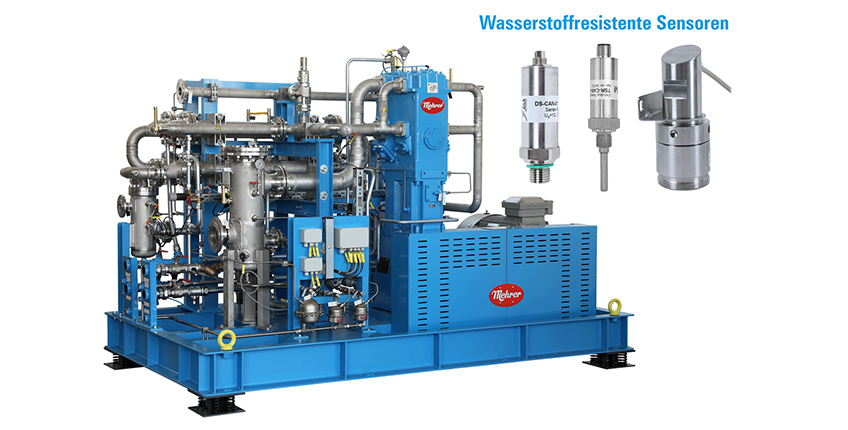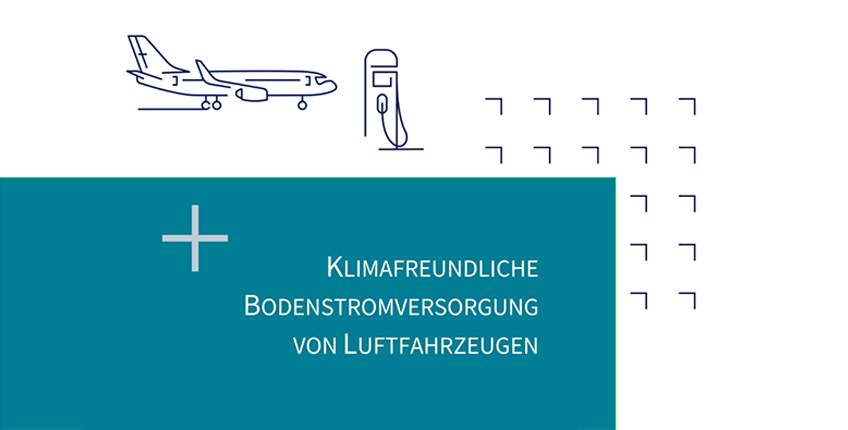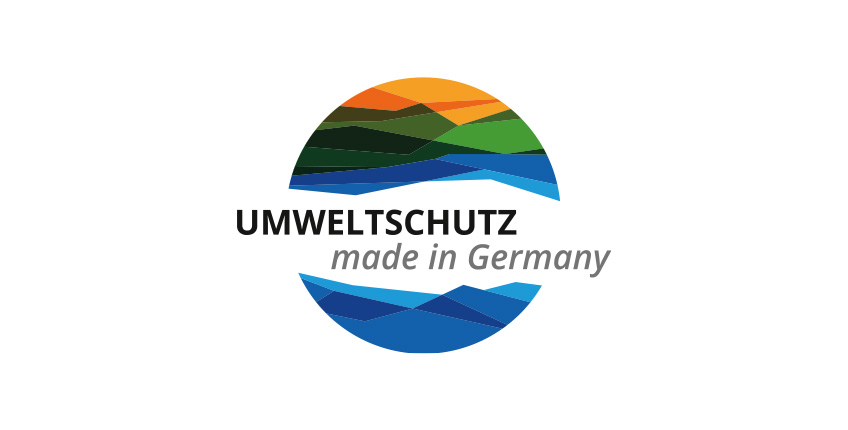STILL launches first production line for fuel cell systems at Hamburg plant
Starting today, the first fuel cell systems to be produced in Hamburg are coming fresh from the production line. At an opening event, intralogistics specialist STILL launched Hamburg’s first production line for 24-volt fuel cell systems. That makes STILL the first original equipment manufacturer in Europe to offer its own fuel cell system –an advance for the intralogistics sector as well as for Hamburg as an innovation hub.
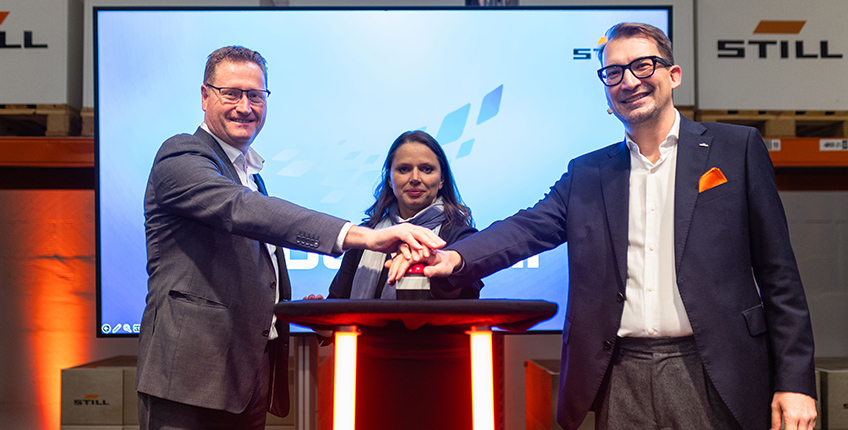
Two projects for efficient large-scale production of fuel cells
As part of the ‘TiKaBe’project network, Fraunhofer ISE is developing innovative catalyst inks that can be used for various industrial coating processes. Shortening and simplifying the so-called ‘break-in’, or the initial conditioning of fuel cells, is the focus of the research project: ‘BI-FIT’.
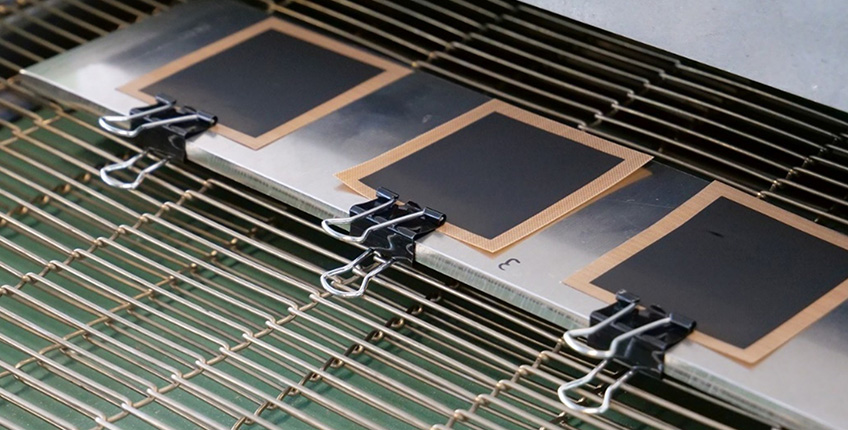
EXI project HyTrA – First demonstrator goes into operation in South Africa
The objective of the HyTrA project (Hydrogen Tryout Areal) is to establish the use of hydrogen technology for decentralized electricity supply in South Africa. Decentralised stand-alone networks are to form the basis for advancing a reliable, environmentally-friendly and CO2-neutral electricity supply. On 13 July 2023, the first demonstrator of the project was launched in Cape Town, South Africa, and was attended by project leader ZUG gGmbH as well as NOW GmbH.
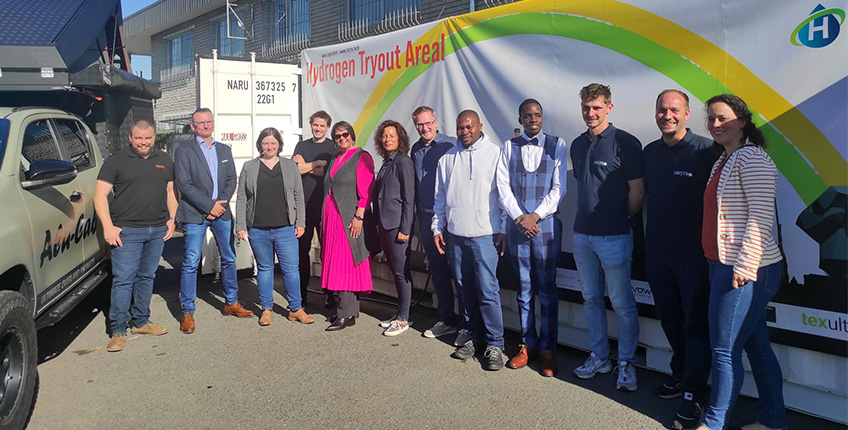
“The Path of Hydrogen” – 8th Supplier Marketplace for Hydrogen and Fuel Cell Technology
Under the motto “The Path of Hydrogen – Infrastructure, Refuelling and Storage Systems” (“Der Weg des Wasserstoffs – Infrastruktur, Betankung und Speichersysteme"), the 8th Supplier Marketplace for Hydrogen and Fuel Cell Technology today brought together representatives from the supplier industry for hydrogen and fuel cell technology.
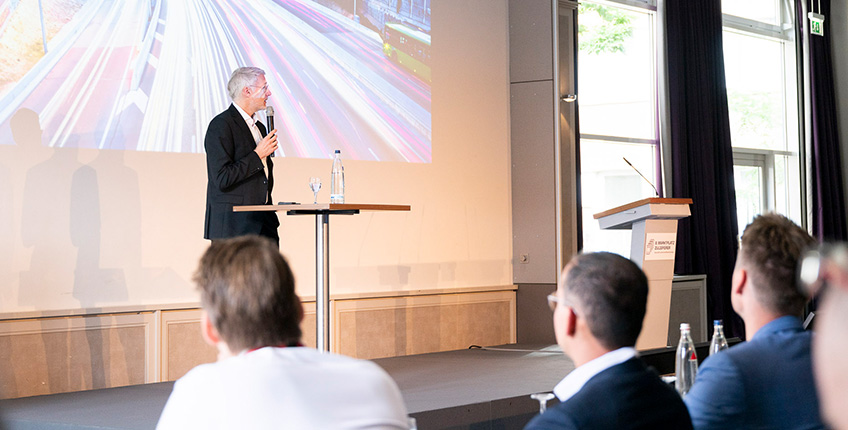
Innovative charging technology for the transport transition: ‘eMobiGrid’ project relies on local direct current grids
The spread of electric mobility poses new challenges for infrastructure: stations for recharging vehicle batteries must be optimally integrated into the existing local stationary energy grid. An overarching charging concept is needed for different types of vehicles.
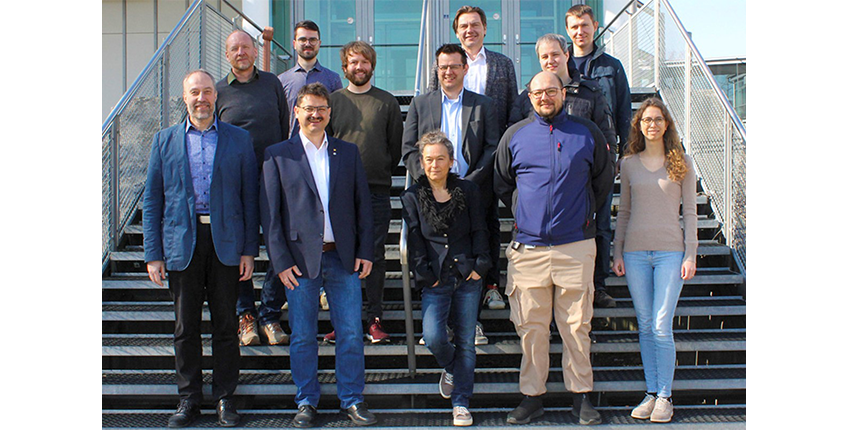
Federal Ministry of Transport fosters research & development: Robust hydrogen pressure sensors through use of novel barrier layers
The German Federal Ministry for Digital and Transport (BMDV – Bundesministerium für Digitales und Verkehr) is supporting the RoWaBaSch research and development project of Saarland technology companies with a total of €827,150 in funding. The objective is to enable the development of robust hydrogen pressure sensors by means of novel barrier layers.
